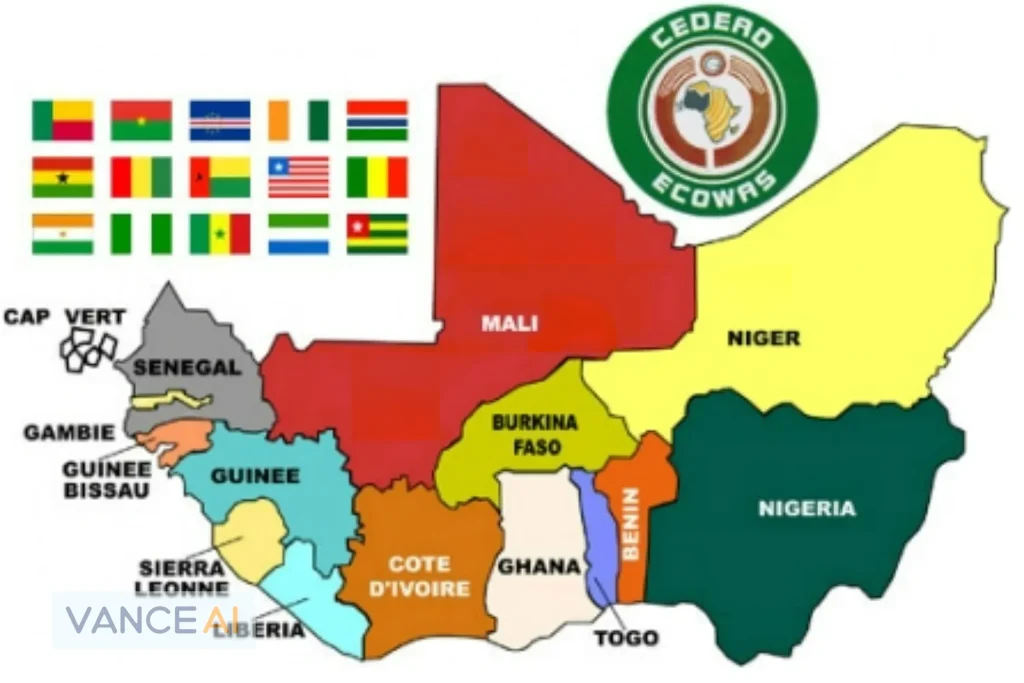Kenya has come under scrutiny for its visa policy, which has been cited as a major factor in the country’s decline in the latest African Visa Openness Index. The rankings, published annually by the African Development Bank, assess how easy it is for Africans to travel across the continent, and Kenya’s drop reflects growing concerns about its restrictive measures.
The criticism comes as Kenya tightens its visa requirements for several African countries. This includes mandatory e-visas for citizens of nations previously allowed visa-free or visa-on-arrival entry. While the government argues that the measures are necessary for enhancing security and streamlining entry processes, critics contend that they undermine regional integration and economic cooperation.
Kenya’s fall in the rankings is significant, as the nation has historically been seen as a champion of African unity and cross-border collaboration. Stakeholders, including business leaders and policymakers, have warned that the restrictive visa policy could harm trade, tourism, and Kenya’s role as a regional hub.
Speaking on the issue, analysts point out that visa restrictions are at odds with the goals of the African Continental Free Trade Area (AfCFTA), which aims to boost intra-African trade and ease the movement of people across borders. They argue that Kenya’s policy could discourage partnerships and hinder the free flow of talent and investment, critical for economic growth.
The Kenyan government has defended its stance, highlighting its efforts to digitize visa services and improve efficiency. Officials claim the measures are designed to curb illegal immigration and enhance national security without deterring genuine travelers.
However, neighboring countries and regional organizations have called for more inclusive policies. Advocates emphasize the need for visa-free travel or simplified processes to foster better relations and unlock the continent’s potential for interconnected growth.























